The European Emergency Number Association (EENA) acknowledges the announcement by the Polish authorities regarding the deployment of Advanced Mobile Location (AML) technology in Poland by 2027. While we recognize the steps taken towards implementing a technology proven to save lives by providing accurate location data to emergency services, the timeline for deployment is a cause for significant concern.
AML, a crucial innovation in emergency response, has been available for about a decade. It has demonstrated its value in expediting the response times of emergency services, significantly impacting the survival and recovery rates of individuals in distress. The fact that this life-saving technology has been promptly adopted by almost all EU member states, with deployment timelines spanning only a few months, underscores the urgency and feasibility of integrating AML into national emergency systems.
Sadly, Poland’s decision to implement AML by 2027 falls well behind the curve, especially considering that AML’s integration into emergency response systems is a mandate under EU legislation since 2020. The delayed timeline not only reflects a missed opportunity to enhance the effectiveness of emergency responses but also places Polish citizens and visitors at a continued disadvantage compared to the rest of the European Union.
In light of the proven capabilities of AML and the EU’s legislative framework supporting its deployment, EENA expresses its frustration with the prolonged timeline for its adoption in Poland. While we welcome the eventual integration of AML, we urge the Polish authorities to reconsider the timeline and expedite the deployment process. The safety and lives of citizens should be of paramount concern, and with the technology at hand, there is no justifiable reason for delay.
EENA also calls on the European Commission to look into this additional delay in the transposition of the European Electronic Communications Code and pursue infringement proceedings against Poland.
EENA remains committed to advocating for the adoption of advanced emergency response technologies across Europe. We will continue to work closely with EU institutions, member states, and stakeholders to ensure that the benefits of such technologies are realized sooner rather than later, for the safety and well-being of all European citizens.
